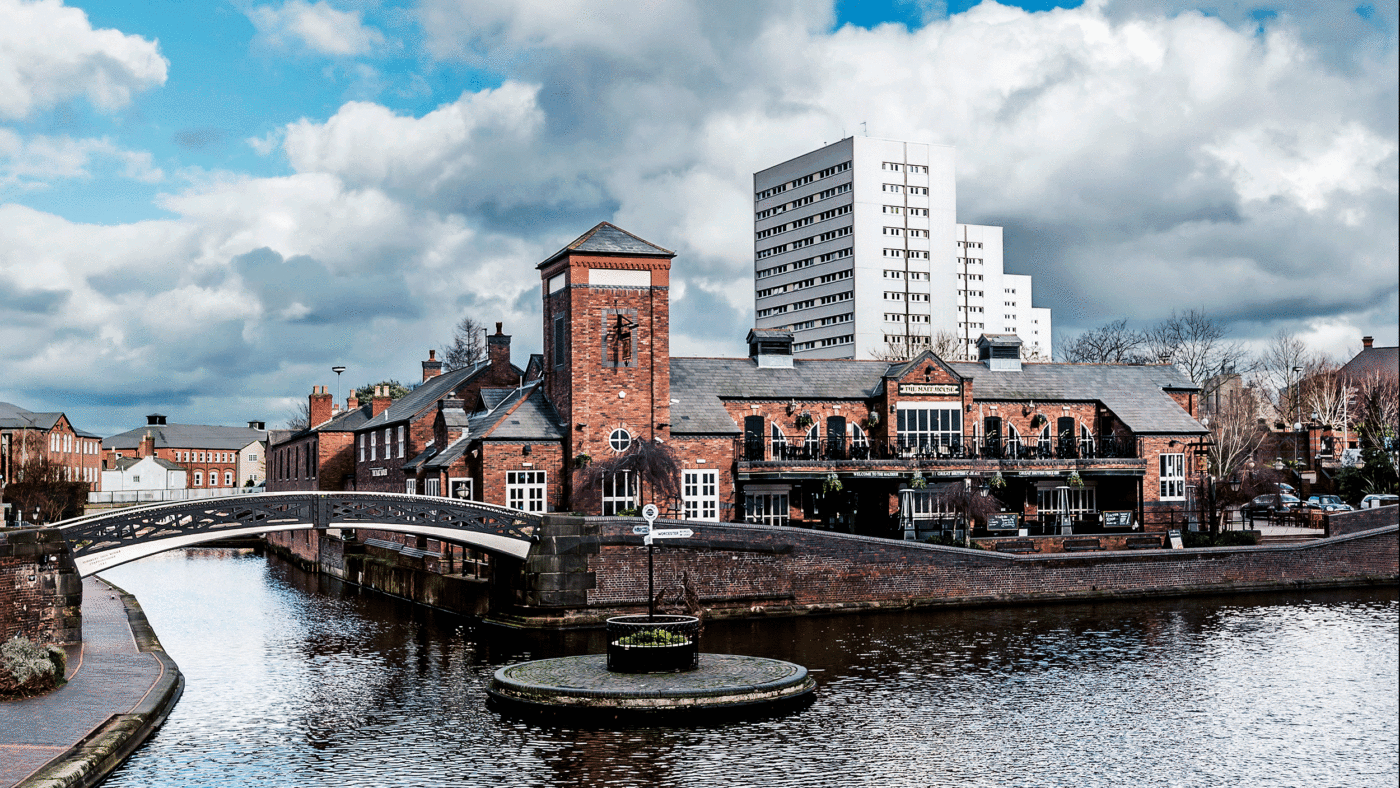‘Getting Brexit done’ was only the start. ‘Getting levelling up right’ is the second half of the Johnson administration’s mandate, and today it will finally published a plan for how to do it. But while most of the White Paper is expected to focus on directing political and financial capital towards towns in provincial Britain, if the Tories want to stay in government, they should devote careful thought to big cities too.
Party strategists might ask why they should bother. Their current coalition of supporters has provided a sizeable 80-seat majority in the Commons, all largely without the help of voters in the country’s biggest cities. While Boris has stormed across huge swathes of the political map, urban areas stand out as citadels of entrenched opposition.
But aside for its moral duty to improve life everywhere, there are two big political reasons why Conservatives should prioritise electoral success in big cities.
The first is that Britain is a rapidly urbanising country. Since 2001 the population in England and Wales has increased more in cities than towns. For example, it’s risen 30% in places like Manchester, 27% in inner London, 25% in Leicester, 20% in Nottingham. This is outstripping growth in towns (11%) and rural areas (5.7%). It’s why one in three people will live in cities of at least 500,000 inhabitants by 2030. The continuation of this trend means that more and more voters will be living in urban areas. Any party that cannot compete in big cities will find the political map of Britain harder and harder to navigate.
The second is that, believe it or not, many of the things vital to the future of cities are natural territory for the Conservatives. Landsec asked Public First to hold in-depth conversations with city-dwellers about all aspects of urban living. People in London, Manchester, Birmingham and Leeds opened up about their lives: the pull factors that have the strongest holds on people and the push factors that force them to leave.
One of the first themes to emerge from our focus groups was the importance of family. Time after time, participants told us that one of the biggest reasons for staying in the city was remaining close to relatives. It challenges the perception of cities as a series of transient neighbourhoods, where people move for work or educational opportunities. Cities certainly have a higher population turnover than other parts of the country, but it is easy to overlook that for many people a city is where they and their extended family call home. Just like towns and villages, cities are places where people have deep roots.
If family was one of the strongest ties binding people to the city, a lack of security was one of the greatest forces that could drive them away. It was clear people’s concern was violent crime, rather than anti-social behaviour – which by contrast was a mere irritation. For some participants, the fear of crime was making them question their long-term futures in the city. Where people were noticing a rise in crime in the last five years, the impact was particularly acute; they said they no longer feel safe. This was having a damaging effect on communities in all sorts of ways, including causing people to have less trust in the people around them.
Another powerful ‘push factor’ was the pace of change. Dramatic changes to the built environment were taking place so quickly that parts of the city were becoming unfamiliar. Relatedly, participants spoke of their frustration that an increase in the cost of living and doing business was pricing out independent businesses, with more corporate ‘chain’ outlets replacing them – which they feel detract from the city’s culture. Rising prices is also making it all but impossible for young people to get on the housing ladder or afford a family-sized home. Residents seeing their family and friends forced to move out was building resentment and weakening people’s ties to the city.
People were prepared to accept development provided it was balanced with preserving their city’s heritage. For many, the fabric of historic buildings were a reminder of a city’s industrial past and of immeasurable social value. But shared heritage isn’t just built in the past, it’s constantly being recreated. Many of our focus groups told us that seeing sporting heroes from their city competing on the national stage was a source of enormous pride. From a political perspective, these cultural assets are extremely inclusive – a shared appreciation of the city’s architecture, or supporting a sports team together, is open to everyone.
By far the most important theme to emerge was what you might call ‘civic identity’ – although that term doesn’t truly do justice to the visceral, emotional connection people described having with the cities they belong to. In our focus groups, people spoke with such passion and knowledge about the culture and history of their cities because it was their own culture, their own history they were talking about. They are part of the city, and the city is part of them. Of all the forces in play, it this urban patriotism that is anchoring people to cities.
Family. Security. Home ownership. Heritage. Identity. If these are some of the most important themes for the future of urbanism, then with careful thought, conservatism can surely find a home in big cities.
Click here to subscribe to our daily briefing – the best pieces from CapX and across the web.
CapX depends on the generosity of its readers. If you value what we do, please consider making a donation.


